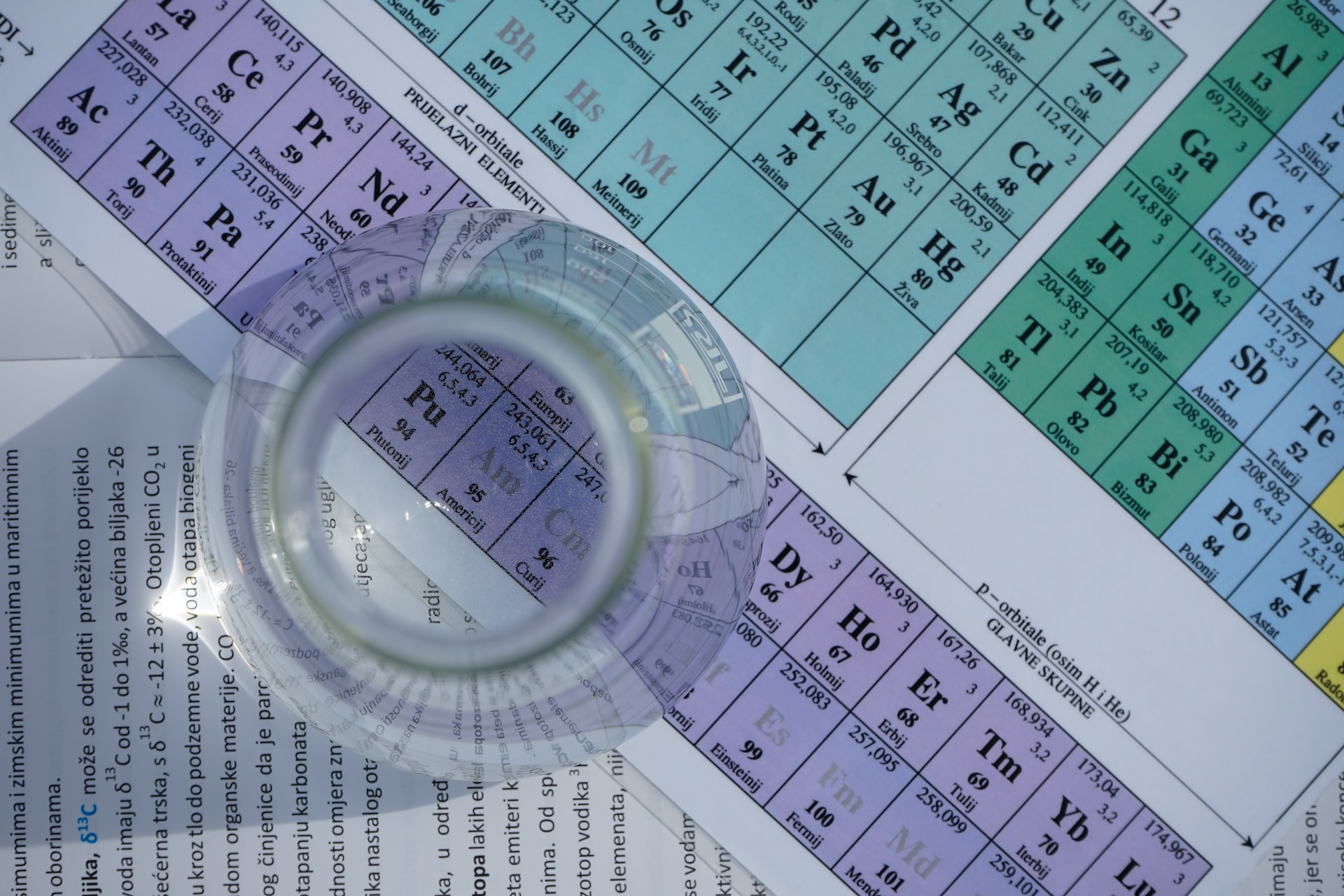
It’s that time of year again. No, not time to give up on your New Year’s Resolutions—give yourself another month or so before doing that. Time to start thinking about those pesky AP exams that are, geologically speaking, right around the corner.
AP science and math exams are rigorous assessments that can pose a great challenge for even the most well-prepared students. Even if you have done quite well in the class, without a well-formulated gameplan you may find yourself feeling a bit uncertain about the exam when the time comes. However, if you dedicate yourself to starting early and sticking with your plan, you should find that the exams aren’t quite as daunting as they may initially seem.
Zeroth (I was going to say “first” but I feel we should begin even earlier), it’s crucial that you begin ASAP. You may be reading this a couple of months before the AP exams are scheduled and saying “I can’t really prepare yet, I haven’t seen all of the material”. Yes, but you have seen ~ 50% (likely more) of the material so far. Why not begin with that content and review? Doing so will help minimize the workload when you near the exam date and likely will help with material you’re currently learning, anyway.
Math and Science classes tend to build upon themselves, as we all know. You probably don’t need to devote vast amounts of time early on: biting off small chunks each week should prove valuable. It may also help in building a habit of weekly AP review which may be difficult to incorporate into your weekly schedule later in the semester when you’re dealing with finals, essays, and other end-of-year assignments.
First (finally), it would be quite difficult to properly prepare for an AP exam without first knowing the format. All of the AP science and math exams consist of both multiple choice sections and free response sections. For each exam, the Multiple Choice and Free Response sections each count for 50% of the exam score. This breakdown is easily found on College Board’s own website and I would highly recommend you dig further into the types of multiple choice and free response questions.
Each exam will have its own peculiarities that I won’t dive into here. The point is to make sure you’re as familiar as possible with what will be required of you. I would also highly recommend you familiarize yourself with the “action verbs” list. This is a list of 8 verbs that are commonly used on the exam and each of them have very specific meanings in the context of the exam. For example, the terms “sketch” and “plot” may sound similar, but they have slightly different meanings on the AP exams. Hint: If you were to “sketch” when they ask you to “plot” you would NOT receive full credit. Plotting requires more from the student than sketching does.
Second (I’m going to give up on the numbering moving forward, don’t worry), make sure you’re building a full understanding of the material as you proceed through the course. The AP Science and Math exams are not surface-level exams. Students sometimes fall into the trap of thinking that because they did well on some quizzes or homework assignments that they have a thorough understanding of the material. While this may be true, it’s not necessarily true.
AP exams are designed to really push your understanding of the material and will ask any number of questions in unique and novel ways. Relying on a rote-memorization of concepts and/or formulas will only get you so far on these exams. It’s crucial that you wrestle with concepts and can handle the curveballs that WILL be thrown at you.
You may have heard the phrase “Science is a social activity” at some point (I’m lumping Math in here as well) and I think this an extremely important sentiment to keep in mind. One of the best ways you can prepare for the AP exams is to form study groups. Not only will they serve as a mechanism to hold you accountable to your study plans but they can also facilitate more efficient study. By studying with one or more other students you are able to bounce ideas off one another, share information/tips/perspectives, and support each other when you’re struggling with a particular subject. Seeing, in real time, that you’re not the only one struggling with a topic is one of the best ways to stay encouraged throughout the process.
The last point I would like to emphasize is the need for balance. Hopefully by starting early this will easily be attained, but no matter when you start your prep it’s imperative that you take care of yourself along the way. In the year 2023 I probably don’t need to remind you of the importance of getting plenty of sleep, eating healthy, and managing your stress, but I did it anyway.
APs are lengthy exams that are the culmination of a year’s worth of study. It is all too easy to feel overwhelmed leading up to the exams. Take the necessary steps to ensure that you are in the best frame of mind possible along the way!
As always, please feel free to reach out to us with any questions and/or concerns you may have about a particular exam and how to prepare. Good luck!